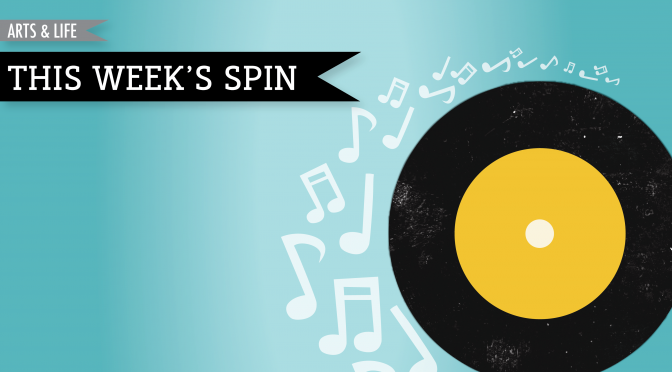
Not so Woodstock: festival evolution
By: Kristin Helf, Columnist
Sweetlife, Warped Tour and Firefly, these are just a few of the more popular gigs that hit the East Coast this summer.
Local festivals gave us the chance to see a wide range of performers from Modest Mouse to Riff Raff and even Bassnectar, all while barely having to cross a state border.
Music festivals were once a rare summer celebration that cost almost nothing except several tanks of gas and months spent waiting in agony.
In more recent years, they’ve been popping up with the frequency of Wawas and Exxons, and are just as accessible.
And they too cost just about nothing! Except, like, a $200 ticket and however much a crop top and high-waisted shorts cost at Urban Outfitters.
It’s as if any bands or big-name artists willing to perform are thrown together haphazardly without any cause or even genre tying them together.
As hippie culture and the bohemian aesthetic are both especially trendy in the 2010s, it’s no surprise that there’s a profit to be made from the idea that our generation desires a Woodstock-esque gathering.
We strive for something to unite us, which music and social causes have always done.
But when the musical acts are as random as Sweetlife’s headliners — Kendrick Lamar, The Weeknd, Pixies and Billy Idol among others — and the only cause is making money, it seems that music festivals have become nothing more than a tool of capitalism.
For example, a ticket to Woodstock in 1969 cost $6.50, and many people were able to sneak in for free.
This year, a general admission ticket to Coachella in California cost $375, and on-site camping was around $85.
This isn’t meant to admonish all modern music festivals entirely; not all of them price in the hundreds, and many are genre-oriented so the musical acts playing side-by-side make sense.
A sense of togetherness and being one with the rest of the crowd can still be found at summer concerts. Once through the gates at any outdoor venue nationwide, it’s easy to feel the freedom of youth and the excitement that radiates off concertgoers, even without the mind-altering drugs and neon body paint that are so popular at these places.
Being able to dance around and simply enjoy the music is what summer is all about — we’ve just lost the benefit of being able to do so on a dime, and the desire to spread music as a means of spreading awareness of social injustices.
Maybe in the future these festivals will be open to anyone regardless of economic status and will be able to impact society in a way they once did. But for now, at least we can see our favorite bands at local venues.

